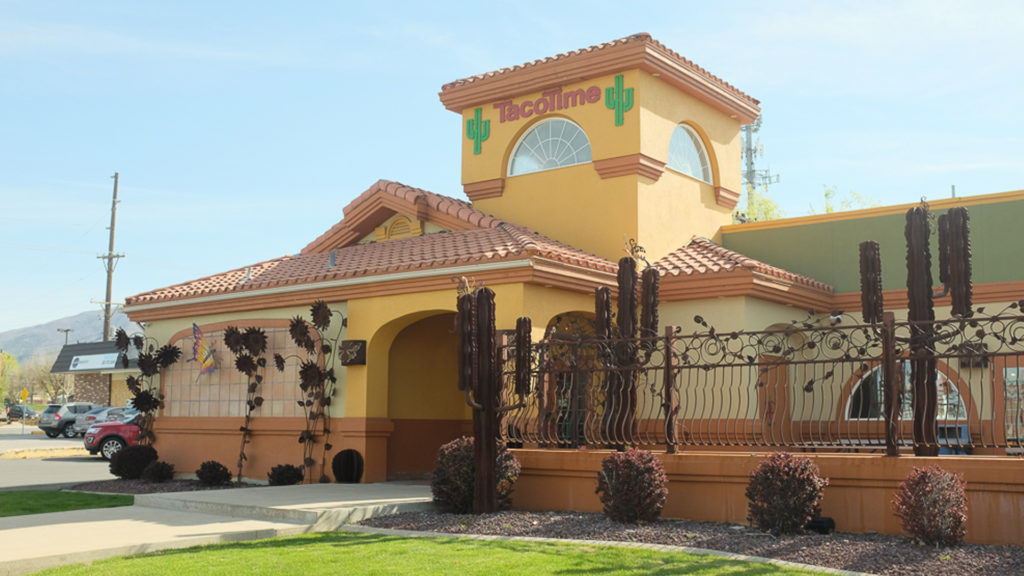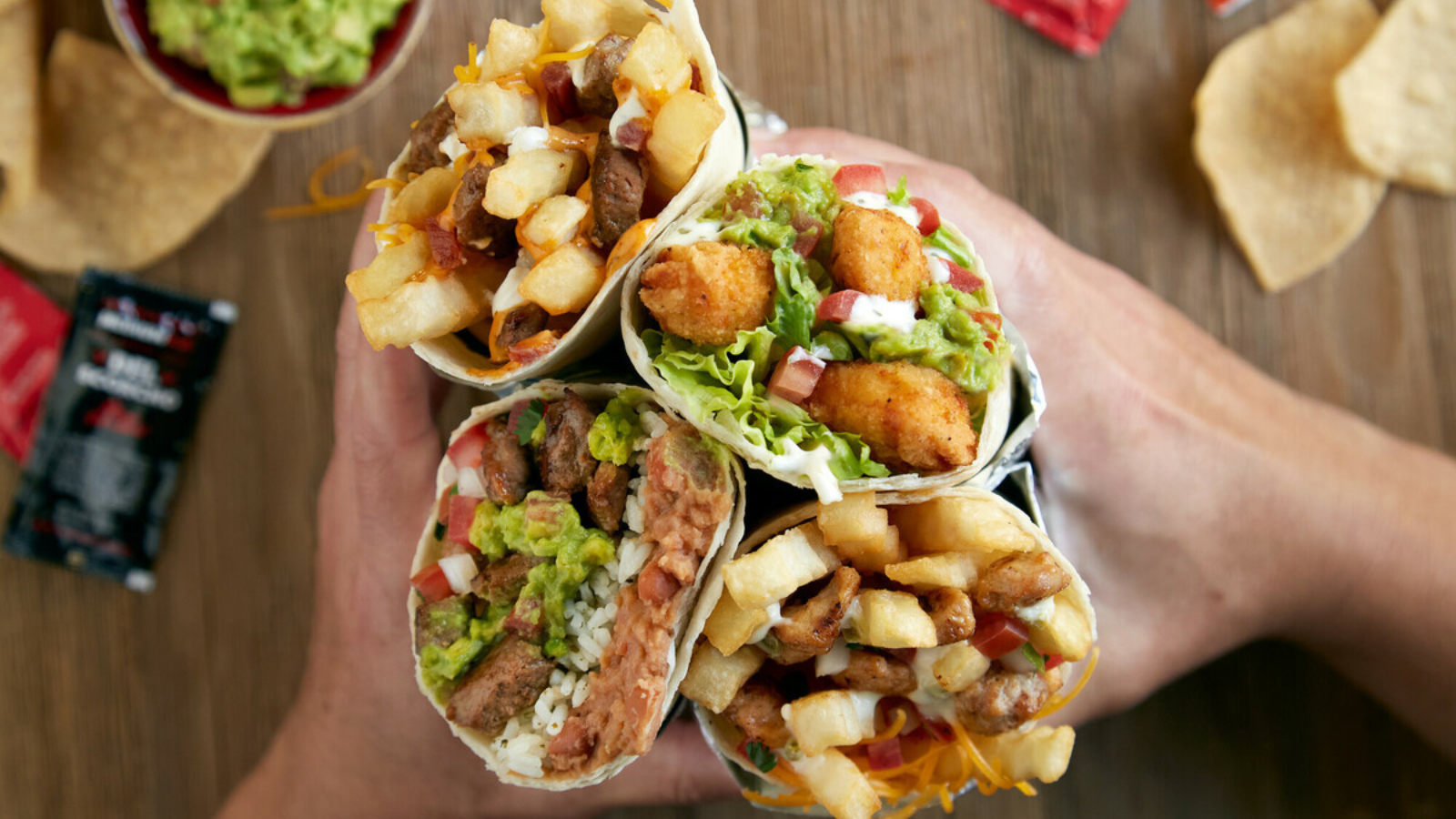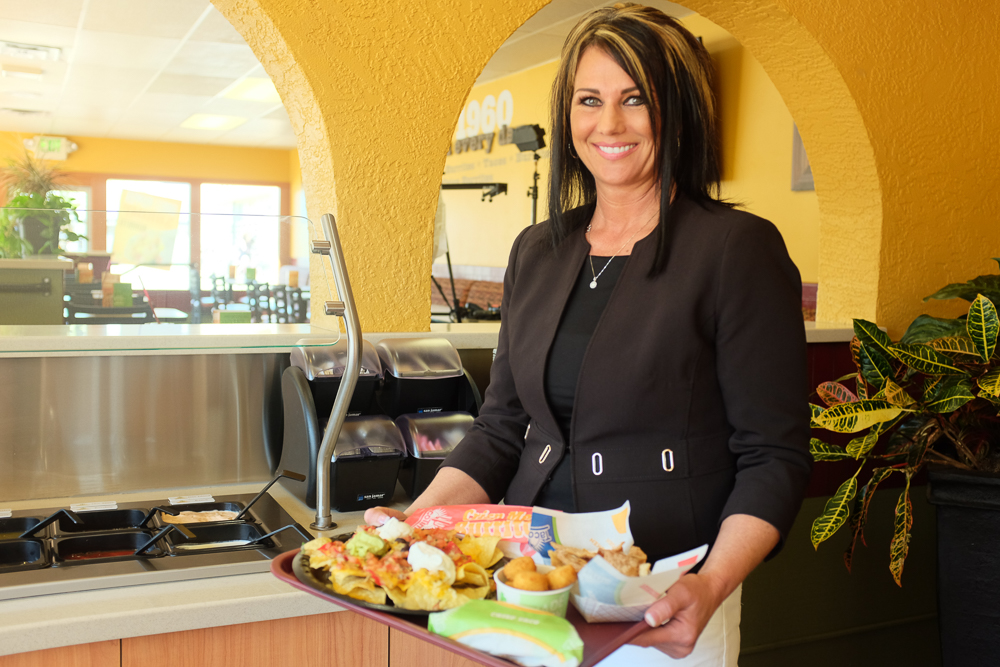Is the allure of the authentic Mexican culinary experience enough to catapult a franchise from regional success to national prominence? The Mexican food franchise sector, with its blend of tradition, innovation, and market adaptability, is experiencing significant growth, creating opportunities for entrepreneurs and investors alike.
The landscape of Mexican food franchises is dynamic, shaped by evolving consumer preferences and demographic shifts. The demand for both convenience and authenticity is driving the expansion of these businesses. Franchises are strategically adapting to meet these demands, ensuring they remain competitive in a rapidly evolving market. Consider the evolution from a limited number of options to the vibrant array of choices available today.
The Mexican food industry has seen a remarkable transformation. What once was a niche market has blossomed into a mainstream culinary category, with opportunities for entrepreneurs to enter the game. One key driver of growth is the increasing demand for convenience food. In today's fast-paced world, consumers seek quick, delicious, and affordable meal options, and Mexican food franchises are ideally positioned to meet this need. Another significant factor is the migration of young people from rural to urban areas. This demographic shift leads to a greater demand for diverse dining options, including Mexican cuisine, in urban centers. Furthermore, changing consumer preferences towards healthier and fresher food options have spurred innovation within the Mexican food franchise sector. Operators are responding by incorporating fresh ingredients, offering a wider variety of menu items, and catering to dietary restrictions such as vegetarian and vegan options.
The success of Mexican food franchises can be attributed to several key factors. Brand recognition is a significant advantage, as established franchises benefit from a pre-existing customer base and a strong brand identity. The established business models provide a blueprint for success, with proven operational strategies, marketing plans, and supply chain management systems. Moreover, franchise systems offer comprehensive training and support to franchisees, helping them navigate the complexities of the restaurant business. These support systems encompass everything from initial training and ongoing operational assistance to marketing and advertising support. The benefits extend beyond the immediate operational aspects. Franchisees gain access to established supplier networks, ensuring a consistent supply of high-quality ingredients at competitive prices. This is particularly crucial in maintaining food quality and consistency, critical factors in building customer loyalty and brand reputation.
The journey of a Mexican food franchise is not always straightforward. The market is competitive, and staying ahead requires continuous innovation and adaptation. Franchise costs, for example, vary widely. Prospective franchisees should thoroughly research franchise opportunities and evaluate their financial capabilities before investing. The costs associated with establishing a franchise restaurant can range from $100,000 to $1 million, depending on the franchise brand, the location, and the size of the restaurant. These costs often include franchise fees, real estate expenses, equipment purchases, and initial marketing investments. The success depends on various factors, including location, the local market conditions, and the franchisee's ability to execute the business plan effectively.
Successful Mexican food franchises often emphasize authentic recipes and fresh ingredients. Many of these establishments are dedicated to recreating the traditional flavors of Mexican cuisine. This commitment to authenticity resonates with customers who are looking for a genuine culinary experience. The dedication to quality and freshness is a cornerstone of their brand. Its about using authentic recipes in their kitchens to maintain their roots.
The franchise model provides an attractive route for entrepreneurs seeking to enter the food industry. It combines the benefits of independent ownership with the support and resources of an established brand. Franchisees gain access to the brand's operational model, marketing strategies, and supply chain, which significantly reduces the risks associated with starting a new business. This model provides a framework that helps navigate the complexities of the restaurant business, from menu development and inventory management to customer service and marketing.
The opportunity for growth in the Mexican food franchise sector is substantial. The demand for convenience food, the increasing urbanization of the population, and the evolving consumer preferences for healthier and fresher options are all contributing to the expansion of the market. Franchises that can adapt to these trends, maintain a commitment to quality, and provide excellent customer service are well-positioned for success. The key to sustainable success in the Mexican food franchise industry lies in balancing tradition with innovation, maintaining a strong brand identity, and consistently delivering a high-quality dining experience.
Here's a comparison of some notable Mexican food franchises based on their key characteristics:
| Franchise | Key Feature | Unique Selling Proposition | Target Market | Growth Strategy |
|---|---|---|---|---|
| Tacotime | Authentic Mexican Cuisine | Bringing authentic and affordable Mexican food to local communities. | Entrepreneurs passionate about authentic Mexican food. | Focus on attracting passionate entrepreneurs |
| Mucho Burrito | Operational Excellence | An operational formula supporting food quality and business growth. | Value-conscious consumers seeking quality and convenience. | Focus on operational formula and business growth |
| Taquerias Arandas | Authenticity and Family Style | Family-style dining with authentic flavors. | Communities around Texas. | Focus on authenticity with a family-style model |
| Bueno | Fresh and Healthy Options | Fresh, authentic recipes. | Customers looking for healthier options. | Highlighting fresh and healthier options. |
The franchise industry is dynamic and ever-evolving. New players constantly emerge, and existing brands adapt to stay relevant. Franchise models can be tailored to fit diverse markets, from bustling city centers to suburban communities. Franchises must consistently deliver a superior customer experience, adapt to evolving market trends, and maintain a strong brand identity to thrive in this environment. The path for Mexican food franchises towards continued expansion and success hinges on innovation, a commitment to quality, and strategic adaptation. Understanding the market and consumer trends is paramount, enabling franchises to cater to the ever-changing tastes and preferences of their customer base. With a blend of tradition, adaptability, and a solid understanding of the restaurant business, the future of Mexican food franchises looks promising.
The evolution of Mexican food franchises is a testament to their ability to adapt, innovate, and meet the ever-changing needs of consumers. From humble beginnings to becoming a prominent sector in the food industry, the Mexican food franchise model shows great potential and will continue to drive innovation and growth in the coming years.


